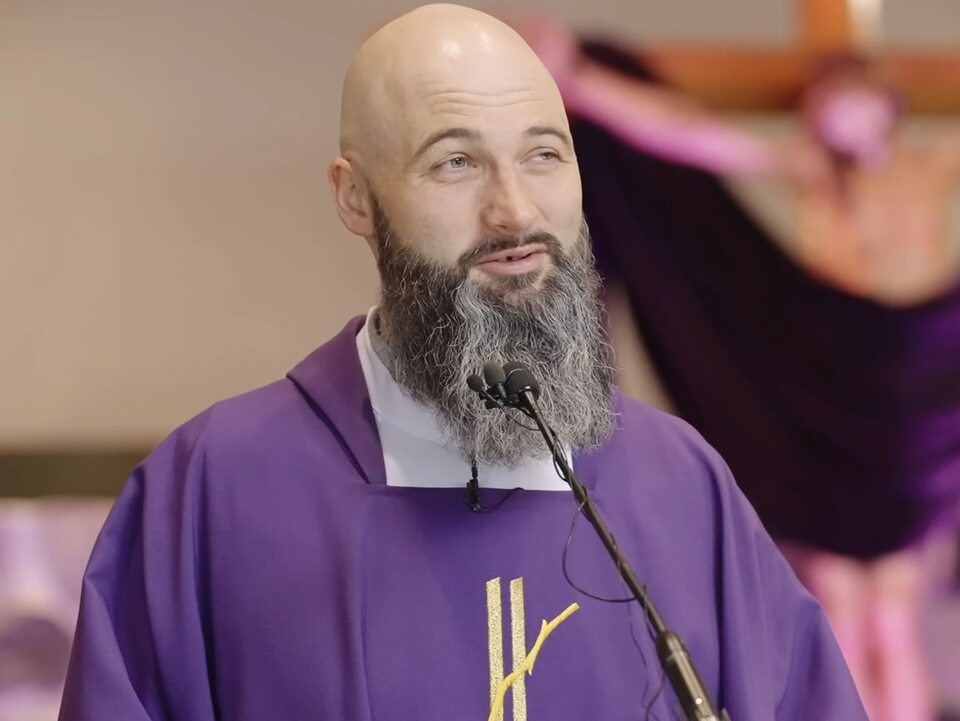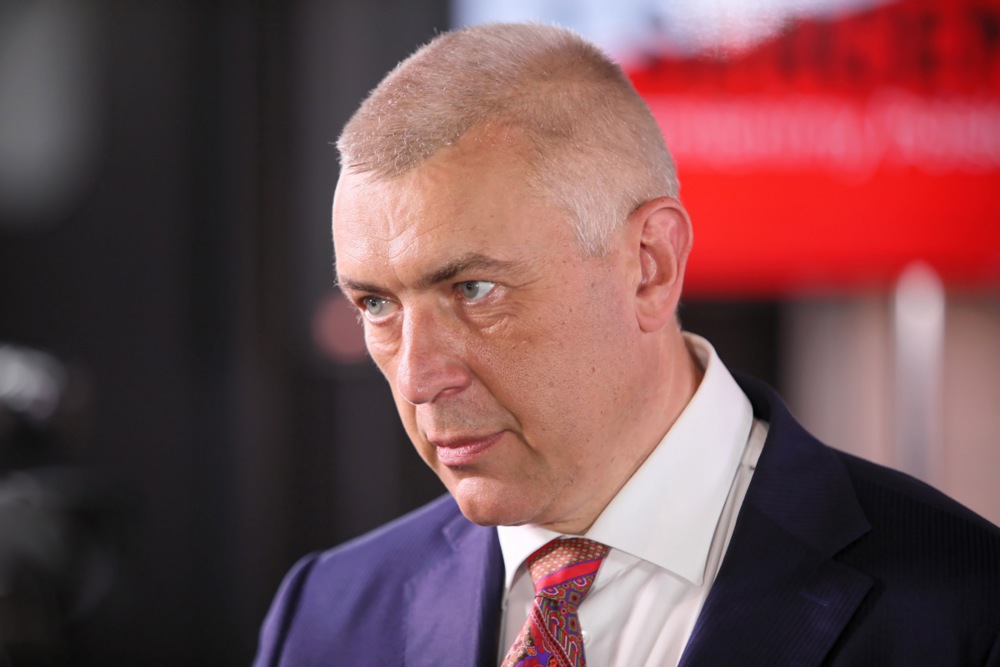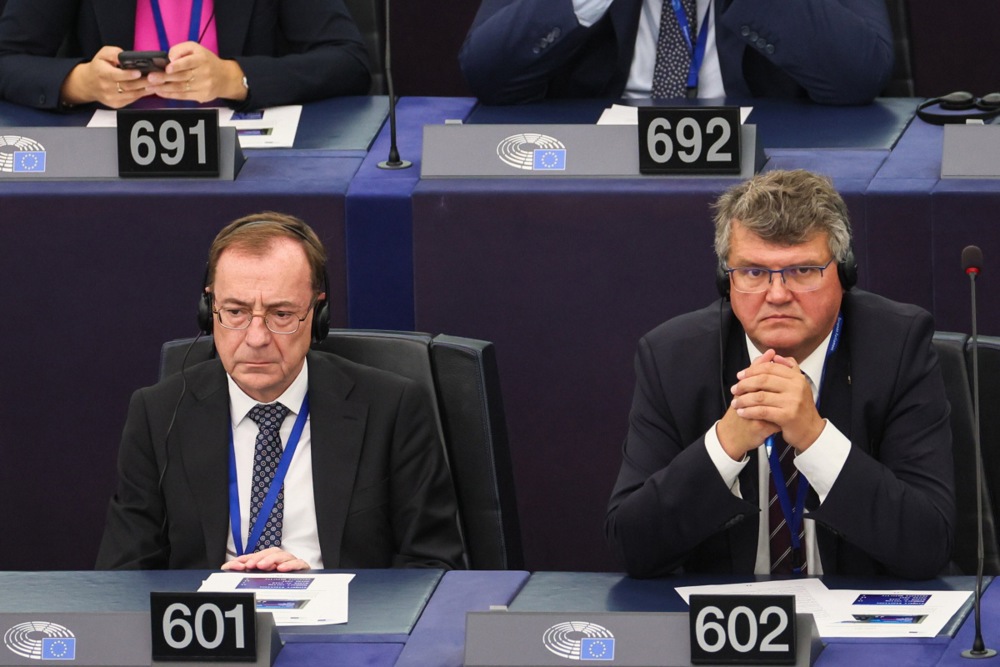Polish police have raided the premises of the organisers of the annual independence day march following allegations of hate speech during the 2018 edition of the annual November 11 event.
The raids on September 4 have been condemned by the opposition Law and Justice (PiS) party as political repression and the organisers of the march have filed a complaint against the public prosecutor’s actions.
Officials say the raids were carried out as part of an investigation into suspected crimes committed during the annual independence march. Right-wing nationalist groups organise the event, which attracts mass participation from Poles wishing to demonstrate their patriotism on independence day.
Poland regained its independence on November 11, 1918, in the wake of the First World War.
On September 4 police searched the home of Robert Bąkiewicz, a former organiser of the independence celebrations who had stood for PiS in the national elections late last year.
On the same day, searches also took place at the Independence March Association’s headquarters in Warsaw and at the home of Mateusz Marzoch, who was responsible for internal security at the event. He is currently the parliamentary assistant to the deputy speaker of parliament.
Police also raided the premises of Krzysztof Bosak, one of the leaders of the right-wing Confederation party.
Prosecutors confirmed that the searches took place in connection with recordings made during the 2018 march. They allegedly showed one of the march’s guards making a criminal threat of violence and that there were racist and discriminatory chants by participants.
Bąkiewicz condemned the actions of the authorities as “banditry” and the raids were also criticised by leading figures on the Polish Right, including both Confederation and the PiS.
PiS leader Jarosław Kaczyński called on supporters to join a demonstration on September 14 “against attacks on Polish patriotism”. He also claimed to reporters that the searches were part of the Donald Tusk-led government’s efforts to “pacify the population” and place Poland under German rule.
“The Independence March should not bother any normal government but today we have a government which wants to implement the interests of another State, the German State,” said Kaczyński, repeating his previous claims that the Tusk government represents German interests.
PiS members have for years kept their distance from the Independence March but Kaczyński has confirmed that he will attend this year’s event and encouraged his fellow party members and supporters to do likewise.
The Independence March, which attracts tens of thousands onto the streets, had under the previous Tusk government (2007-2015) often been marred by clashes with the police. But in the lifetime of the following PiS government, its organisers received State financial support and the violence all but disappeared.
Instead, the march was attended by families and young people, many waving the Polish national flag.
Nevertheless, some right-wing groups still produced banners carrying incendiary racist language, which led the mayor of Warsaw Rafał Trzaskowski to try to ban the event in 2023.
His efforts were overturned by the courts.
Poland’s defence minister Władysław Kosiniak-Kamysz appeared to make Ukraine’s European Union accession conditional on “resolving” a dispute with Poland over a Second World War atrocity. https://t.co/wAJToLloFP
— Brussels Signal (@brusselssignal) September 3, 2024





